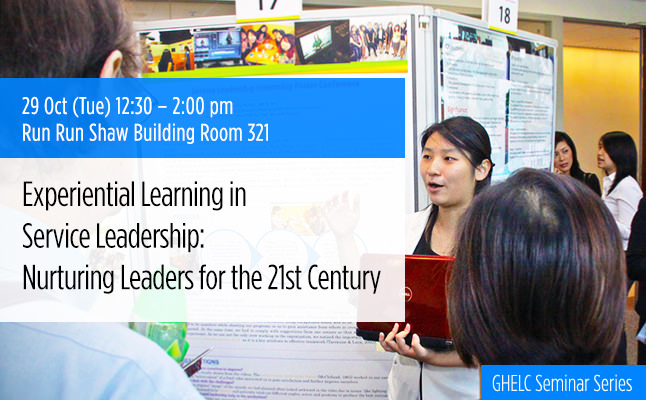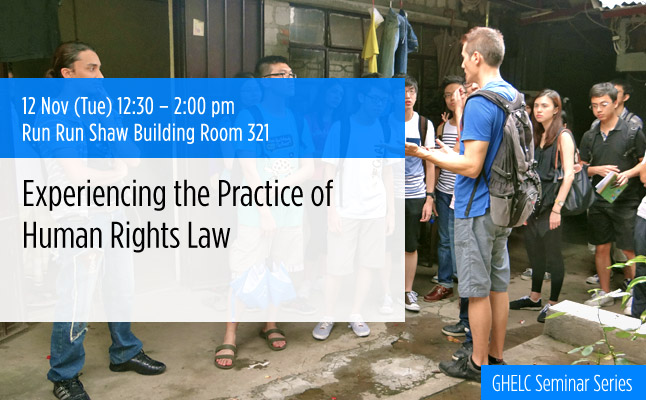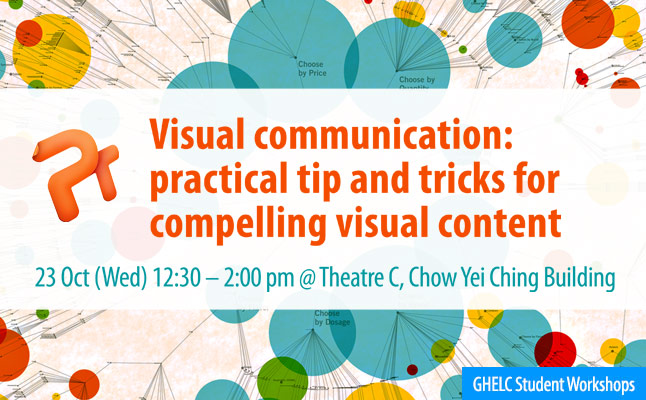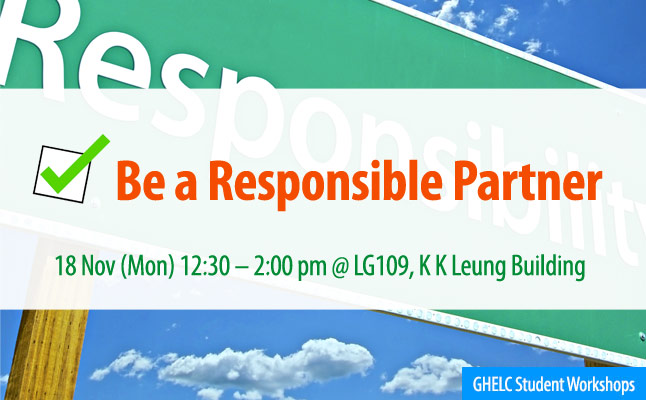Issue 1 (9 Oct 2013)

What is Experiential Learning?
Professor Amy B M Tsui
Pro-Vice-Chancellor and Vice President (Teaching and Learning)
”方其知之, 而行未及之, 則知尚淺。既親歷其域, 則知之益明, 非前日之意味。” 《朱子語錄》卷九 • 學三 • 論知行 “When you know something but don’t act on it, your knowledge of it is still superficial. After you’ve personally experienced it, your knowledge of it will be much clearer and its significance will be different from what it used to be.” Chu Hsi, [朱熹 Zhu Xi], Chapter 9, translated by D.K. Gardner, 1990, p. 116.
That learning is fundamentally experiential has been pointed out by philosophers and educationists in the East and the West. The above quotation from the Chinese philosopher, Zhu Xi, crystallizes the essence of experiential learning. The dialectical relationship between knowing and doing is well captured by the often cited quote “知行合一”(“knowing and doing are unified”) from Wang Yang Ming [王陽明], another Chinese philosopher. Similarly, “learning by doing” is a central concept in the education theory of the influential American educationist, John Dewey. In recent decades, American anthropologists, such as Jean Lave, have reinvigorated the concept of learning as participation in social practice.
At HKU, Faculties have been incorporating various forms of experiential learning into their curricula (either credit-bearing or non-credit bearing), and some have already made it a graduation requirement. Our short-term goal is to support as many staff and students as possible to design and pilot new opportunities for experiential learning, and to strengthen and expand existing ones. Our medium-term goal is to ensure that all curricula will embed experiential learning in their courses. Our long-term goal, however, is to bring about a paradigm shift in our understanding of learning as experiential so that it becomes not only a guiding principle in the way we design our curriculum, pedagogy and assessment, but also a predominant mode of learning.
Achieving the above goals is non-trivial. Colleagues at HKU have put in a tremendous amount of time and effort to identify suitable sites for learning, to work with community partners, and to provide on-site guidance for their students. I salute their selfless dedication to the core mission of this University and I thank them for making learning at this University liberating and exciting.
Implementing experiential learning is much more resource-intensive than the traditional form of classroom learning. My colleagues and I are greatly indebted to Dr. Gallant Ho for his generous donation to support this initiative and to enable wide participation by students.
Supporting Experiential Learning @ HKU
Dr. Albert Ko
Centre Director
Established in March 2012, the Gallant Ho Experiential Learning Centre (GHELC) promotes experiential learning at HKU and works with community partners both in and outside Hong Kong to identify projects for HKU faculties and students of different disciplines. In this academic year, our Centre will organize discussions, seminars and experience-sharing sessions on experiential learning pedagogies, supervision and assessment, and evaluation.
Community Partnership Workshops are also available in this academic year where we will introduce community partners and experiential learning opportunities to respective Faculties in hopes of creating greater opportunities for Faculty members and Community Partners to foster partnerships, collaborations, and mutual support. To do so, our Centre is developing a comprehensive database of currently available community partners and project opportunities. Faculties looking for unique learning opportunities are most welcome to seek assistance from GHELC colleagues. We will provide central coordination, recruitment and placement, and community partner liaison. Multidisciplinary experiential learning projects are also encouraged.
In addition to Faculty support, our Centre will organize workshops to equip students with necessary skills and knowledge to take full advantage of experiential learning opportunities in unfamiliar environments. Training and workshops for students will be organized to include general and project-specific knowledge. With our established network of community partners, we can provide flexible and scalable trainings in and outside classrooms throughout the academic year.
We look forward to working with you to embed the powerful experiential learning pedagogy into your courses.
In conversation with Amy Tsui –
Challenges of Experiential Learning
GHELC Experiential Learning Fund
GHELC Seminar Series – Experiential Learning in Service Leadership: Nurturing Leaders for the 21st CenturyIn June 2012, the Faculty of Social Sciences launched the pilot project of Service Leadership Internship (SLI) under the funding of the HKI-SLAM, Victor and William Fung Foundation, which is supporting service leadership training in all eight of Hong Kong’s tertiary institution. In this presentation, the overall structure of the SLI and some of the experiential learning process and learning outcome of the interns will be shared. |
GHELC Seminar Series – Experiencing the Practice of Human Rights LawThe speakers will discuss the value and intricacies of academic-community partnerships in creating experiential learning opportunities for law students. The speakers will specifically focus on how the Clinical Legal Education Programme – Refugee Stream’s partnership with the Hong Kong Refugee Advice Centre (“HKRAC”) plays out in the context of student supervision and enhancing the student learning experience. |
Student Workshops – Visual communication: practical tip and tricks for compelling visual content 23 OctParticipants in this workshop will learn visual techniques for developing compelling visual stories. Through practice, training methods and tips and tricks, participants after this workshop will carry concepts and ideas for visual material applicable in the field. |
Student Workshops – Be a responsible partnerThe workshop aims to empower students with the necessary mindset, knowledge and skills in initiating and organizing experiential learning activities. Three different issues will be addressed: common blind spots in experiential learning activities; respecting local culture, living style, environment and economy; and personal safety and team security. |




